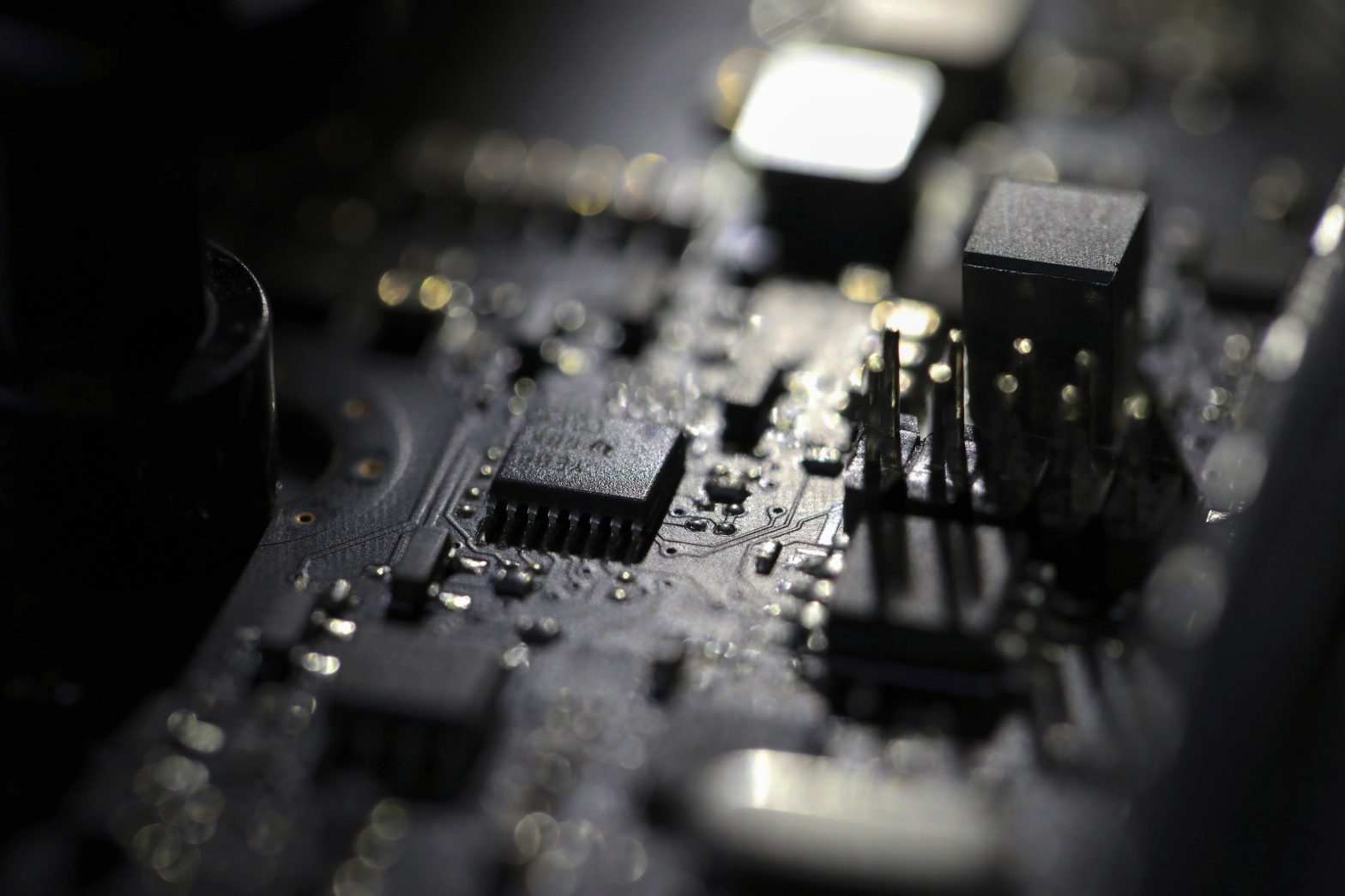Senate Passes $280B Bipartisan CHIPS Act

WASHINGTON — The Senate on Wednesday voted 64-33 to pass the $280 billion legislation that aims to rebuild the U.S. semiconductor chip manufacturing industry and create a renewed investment in research and development.
“Future generations will look back on the passage of this bill as a turning point for American leadership in the 21st century and we are paying attention to all of America,” said Senate Majority Leader Chuck Schumer, D-N.Y.
Wednesday’s passage comes after a 64-32 vote to invoke cloture, limiting debate on the measure Tuesday. Now, the legislation advances to the House where Majority Leader Nancy Pelosi has promised a quick vote.
The legislation began life as the Endless Frontier Act in 2020, then became the Innovation and Competition Act, which passed in the Senate but died in the House. This year it became known as the CHIPS Act and Schumer called it the “chips and science” bill earlier this week.
Semiconductor chips are essential in many different types of technology, particularly those with cloud computing capabilities. These chips are in everything from communication devices to cars to medical devices to defense systems and more.
Over the past three decades as the use of semiconductors for those technologies has exploded, chip production in the U.S. has not kept up globally. There’s been a declining share in the global percentage of chips manufactured falling from 37% in 1990 to 12% today, according to the Semiconductor Industry Association.
Disruptions in supply chains, particularly for semiconductor chips, were especially glaring during the pandemic as the car industry and others were hard hit by a lack of chips.
The new investment in semiconductor manufacturing will flood across the country, not only helping the traditional large city tech hubs but also smaller cities.
That includes investing in manufacturing in typically rural states like West Virginia.
“This legislation not only bets on American ingenuity, but it also authorizes funding that can be utilized by our institutions of higher education in West Virginia, as well as the type of research and innovation at the National Energy Technology Laboratory in Morgantown, Green Bank Observatory in Pocahontas County,” Sen. Shelley Moore Capito, R-W.Va., said in a statement.
Chip manufacturing gets a significant portion of the funds — $52 billion — with $39 billion going directly to building semiconductor manufacturing plants, and another $11.2 billion to research and development to improve semiconductor technology. Investors in semiconductor manufacturing will also get a 25% tax credit.
There’s also $100 billion for the National Science Foundation’s work to create regional tech hubs that can attract startups that traditionally gravitate towards larger cities.
“We don’t know exactly what innovations will come out of this, but we do know this: America will be more competitive because of this. And we do know this: America will be able to grow our country for the future because of the investments we have made today,” Sen. Maria Cantwell, D-Wash., chair of the Senate Commerce Committee, said prior to the legislation’s passage.
Capito, Schumer and others highlighted how this is vital not only for economic interests at home but to also keep up with foreign governments like China that are investing heavily in semiconductor manufacturing.
This renewed investment is vital, Schumer said.
“For decades it was America’s fierce commitment to scientific research, technological growth and advanced manufacturing that made us the envy of the world,” Schumer said, recalling how this matches up to previous legislation.
“That funding that we put into science created the greatest laboratories — split the atom, spliced the gene, landed a man on the moon and unleashed the internet. We generated decades of American prosperity and fostered an innate sense of optimism in the American spirit. And we made the world a safer, more hospitable place for our democratic values.”
Secretary of Commerce Gina Raimondo commended the bipartisan work on passing this bill, which she has championed to help reinvigorate the tech economy.
“Our country runs on semiconductors and creating a robust chip manufacturing ecosystem in the U.S. will keep our economy strong, our nation safe, and create high-quality, good-paying jobs in communities across the country. The Senate’s bipartisan vote for this legislation sends a strong signal to American workers, American industry and countries around the world that we’re committed to leading in the 21st Century,” Raimondo said in a statement.
Madeline can be reached at [email protected] or @ByMaddieHughes






















